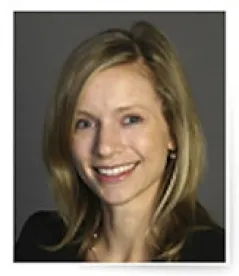Concentrated animal feeding operations (CAFOs) continue to be the subject of federal enforcement initiatives and evolving state laws. Since 2008, the United States Environmental Protection Agency (USEPA) has identified discharges from concentrated animal feeding operations (CAFO) as a national enforcement initiative and one of the most important “environmental problems” or “patterns of noncompliance.”
Recently, USEPA attempted to narrow the agricultural storm water discharge exemption, which exempts qualifying CAFO’s from the requirement to obtain a National Pollutant Discharge Elimination System (NPDES) permit under the Clean Water Act. The attempt was unsuccessful. On October 23, 2013, in Lois Alt v. EPA, Civil Action No. 2:12-CV-42 (N.D. W. Va.) the U.S. District Court for the Northern District of West Virginia held that the agricultural storm water discharge exemption applied to certain CAFO operations. The court found that the feathers and litter discharged with storm water were agriculture-related and would have remained in place but for the precipitation event which caused storm water to enter a water of the U.S. Accordingly, the runoff was exempt from NPDES permitting requirements.
In Illinois, a state-wide CAFO rulemaking is open for public comment. On November 7, 2013, the Illinois Environmental Protection Agency (IEPA) issued a proposal amending Illinois’ CAFO regulations. The proposal is intended to amend the Illinois regulations so they are at least as stringent as the federal regulations and tailored to unique Illinois environmental conditions and Illinois CAFOs. The Illinois Pollution Control Board has held five days of hearings and incorporated suggestions from various stakeholders into the proposed language. Interested persons have until January 16, 2014 to offer comments on the proposal. Please click here to view the proposed Illinois CAFO rules.



 />i
/>i

